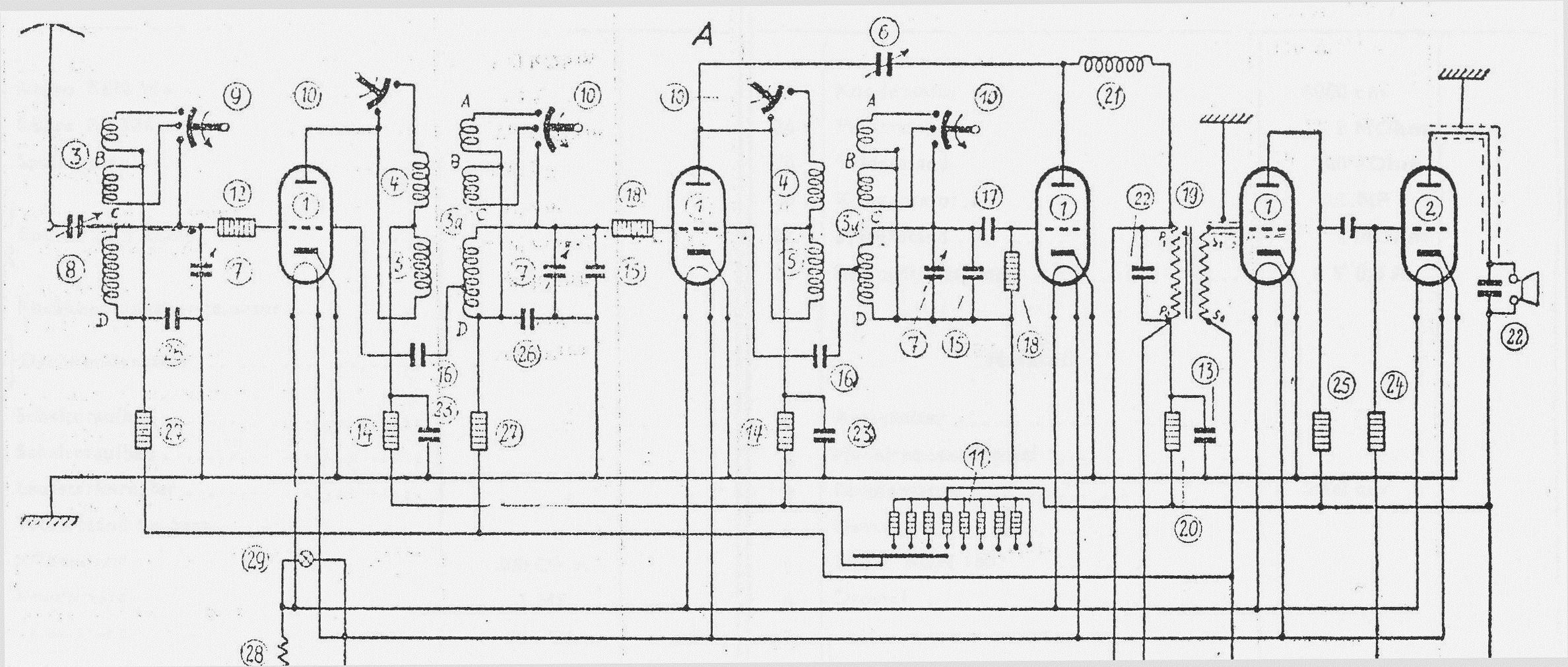Professor Paul Lewin has outlined an ambitious strategy focusing on excellence and sustainability in his new role as Head of Electronics and Computer Science (ECS) at the University of Southampton.
Professor Lewin, a leading expert in electrical power engineering and Head of the Universityâs active Tony Davies High Voltage Laboratory (TDHVL), was selected for the distinguished post following an academic career spanning over a quarter of a century at the institution.
âIt is an honour to be selected to lead this historic department,â? Professor Lewin said. âOver the past decades ECS at Southampton has built an international reputation for its innovative teaching and research. I look forward to building on the excellent standards that make Southampton one of the best places in the world to study electronics, electrical engineering, computer science and IT.â?
Professor Lewin joined the Universityâs academic staff in 1989 and has received funding and grants in excess of £20m during his career. He is a Chartered Engineer, a Fellow of The Institution of Engineering and Technology (IET) and in 2013 was elevated to Fellow of the Institute of Electrical and Electronics Engineers (IEEE).
Across a highly-respected three decades in ECS, Professor Lewin has supervised and graduated over 40 PhD students and published more than 450 refereed conference and journal papers. In November, he was also elected the 2016 IEEE Dielectrics and Electrical Insulation Society (DEIS) President, becoming only the second person from outside of North America to hold the position in the Societyâs 52-year history.
Professor Lewin's new strategy for ECS focuses on four key areas of research, education, enterprise and sustainability. It includes measures to increase the quality and diversity of student intake, foster an enterprise environment and deploy resources in an equitable and efficient manner.
Professor Bashir Al-Hashimi, Dean of the Faculty of Physical Sciences and Engineering, said: âThis is an excellent appointment for the department and another signal of an exciting future for ECS after the excellent recent results in the Complete University Guide and Guardian University Guide league tables. âI have been very impressed by Paulâs management of the TDHVL. He commands the respect of his ECS colleagues and am sure his vision and dedication will ensure continued success for our talented staff and students.â?
In the new Guardian University Guide league tables for 2017, ECS retains the number one position for Electrical and Electronic Engineering (EEE) as well as marking over a decade in the top ten for Computer Science. ECS also topped the UK tables for graduate prospects in both EEE and Computer Science in the recent Complete University Guide 2017. The rankings also held EEEâs top three position for the eighth year running in criteria including student satisfaction, research and entry standards.

